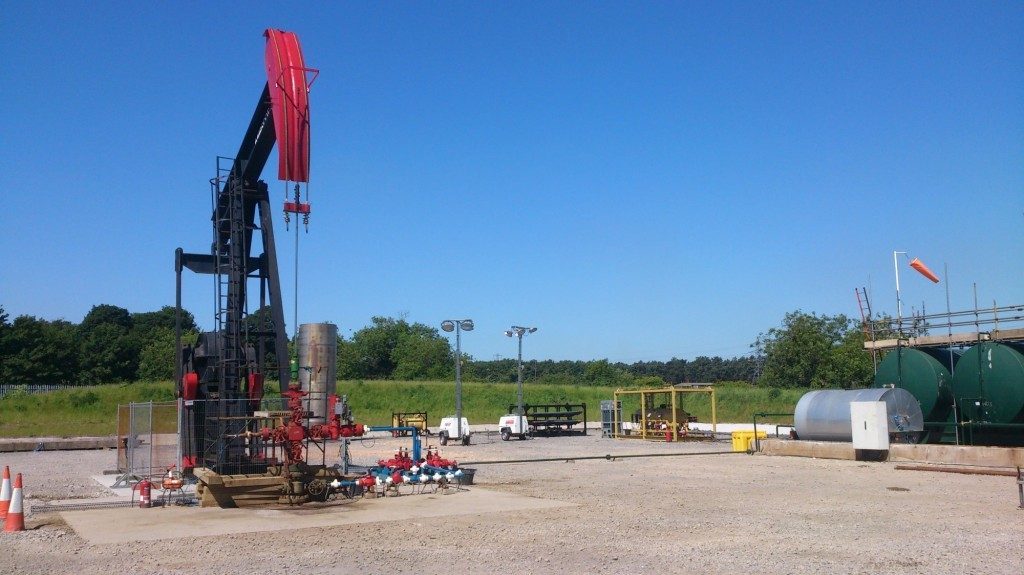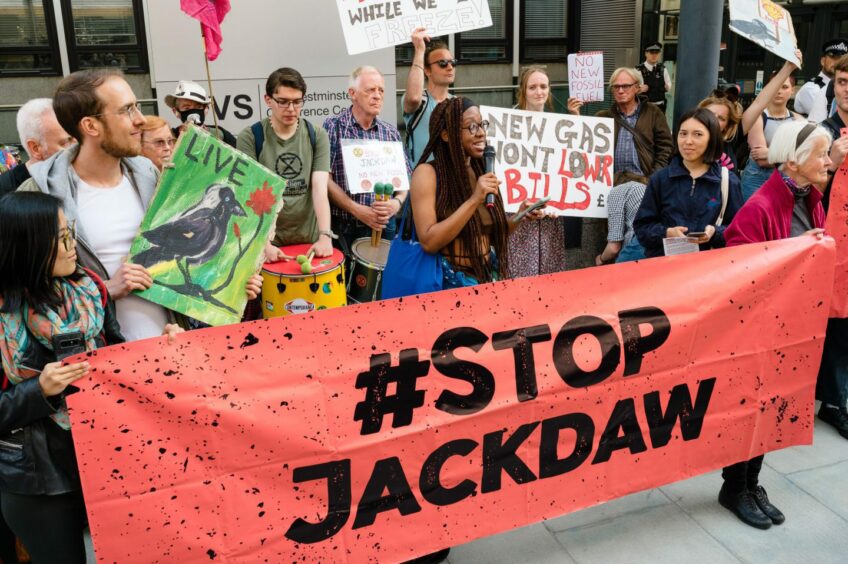
Planning permission for an extension of the Wressle oil field has been “formally rescinded” due to a lack of details on scope three emissions.
This comes as a result of North Lincolnshire Council failing to consider the ‘downstream’ greenhouse gas emissions associated with the project when deciding whether the planning application needed an environmental impact assessment,
This has not come as a shock to the firms behind the project as they said in an update last month that the plans were likely to be quashed once the court case against Wressle concluded.
This comes after a landmark UK Supreme Court ruling earlier this year which raised questions regarding downstream emissions associated with oil and gas production.
The ‘Finch Case’ followed a decision by Surrey Council to extend drilling permission for an onshore oil well at Horse Hill, near Gatwick Airport.
Campaigner Sarah Finch challenged the council’s approval, arguing the council should have to consider the emissions created from the oil’s end use.
In a three-to-two ruling, the Supreme Court decided in favour of Ms Finch and said the council’s decision to approve the oil well without consideration of Scope 3 emissions in its environmental impact assessment (EIA) was unlawful.
Panmure Liberum director and oil and gas research analyst Ashley Kelty commented on the news, arguing that lack of scope three tracking guidance from the government has created “just another box ticking virtue signalling exercise” for fossil fuel consenting.
Kelty wrote: “While this all sounds very good, it’s a totally misleading and pointless exercise –given that scope 3 emissions change depending on the end use of the fuels, it will generate a value that is essentially meaningless.
“It is also worth that the UK government has failed to provide a consistent formula to calculate scope three emissions, or any guidance as to what would be a good/bad level such that EIAs could be rejected.
“While the eco-lobby think this is a major win, it is now just another box ticking virtue signalling exercise that will delay the process, but little else.”
North Sea projects under scrutiny
This news comes as climate groups Greenpeace and Uplift take North Sea oil firms Shell, Equinor and Ithaca to court over environmental impact.
The hearing in the Court of Session in Edinburgh will challenge Equinor and Ithaca’s Rosebank development off the west coast of Shetland, the largest untapped oil field in UK waters.
Campaigners also oppose Shell’s Jackdaw gas project off the coast of Aberdeen.
Philip Evans, of Greenpeace UK, said ahead of the ruling: “Earlier this year, the Supreme Court made it crystal clear that the climate impact of emissions from burning fossil fuels must be assessed before any new oil and gas projects can be approved.
“It’s these types of emissions that are causing the climate chaos we’re seeing all over the world.
“But oil companies want to keep drilling for maximum profits whilst ignoring the damage they’re doing.
“That’s why we are taking Shell, Equinor and Ithaca to court to stop them in their tracks.”
A Shell spokesperson responded: “From the outset, Jackdaw has been developed in line with all relevant consents and permits. We accept the Supreme Court’s ruling in the Finch case, but our position is that Jackdaw is a vital project for UK energy security and the project is already well advanced.
“Stopping the work is a highly complex process, with significant technical and operational issues now that infrastructure is in place and drilling has started in the North Sea.
“Jackdaw will provide enough fuel to heat 1.4 million UK homes as older gas fields reach the end of production.”
Speaking to Energy Voice earlier in the year University of Aberdeen senior lecturer in energy law Dr Daria Shapovalova said all future oil and gas projects in the UK will most likely need to include Scope 3 emissions in their environmental assessments.
She added that the North Sea Transition Authority will still have the final decision-making power on approvals.
Robert Gordon University Energy Transition Institute director Professor Paul de Leeuw agreed, as he said: “Although the court case wasn’t about if new oil and gas wells or projects should be progressed or not, the verdict is still highly significant [in terms of] how future planning applications should be assessed in terms of environmental impacts.”
Next steps for Wressle
Wressle operator Egdon Resources is set to provide the local authority with an analysis of scope three emissions conducted by an independent third-party specialist company.
It will also request a new environmental impact assessment for the project.
Union Jack Oil told shareholders: “Depending on the outcome of this decision, a new determination of the Wressle planning application will be made based on either the existing submitted information or with the requirement for a new environmental statement.”
Union Jack Oil said that the decision “has no effect on the existing planning consent at Wressle” and production will continue.



